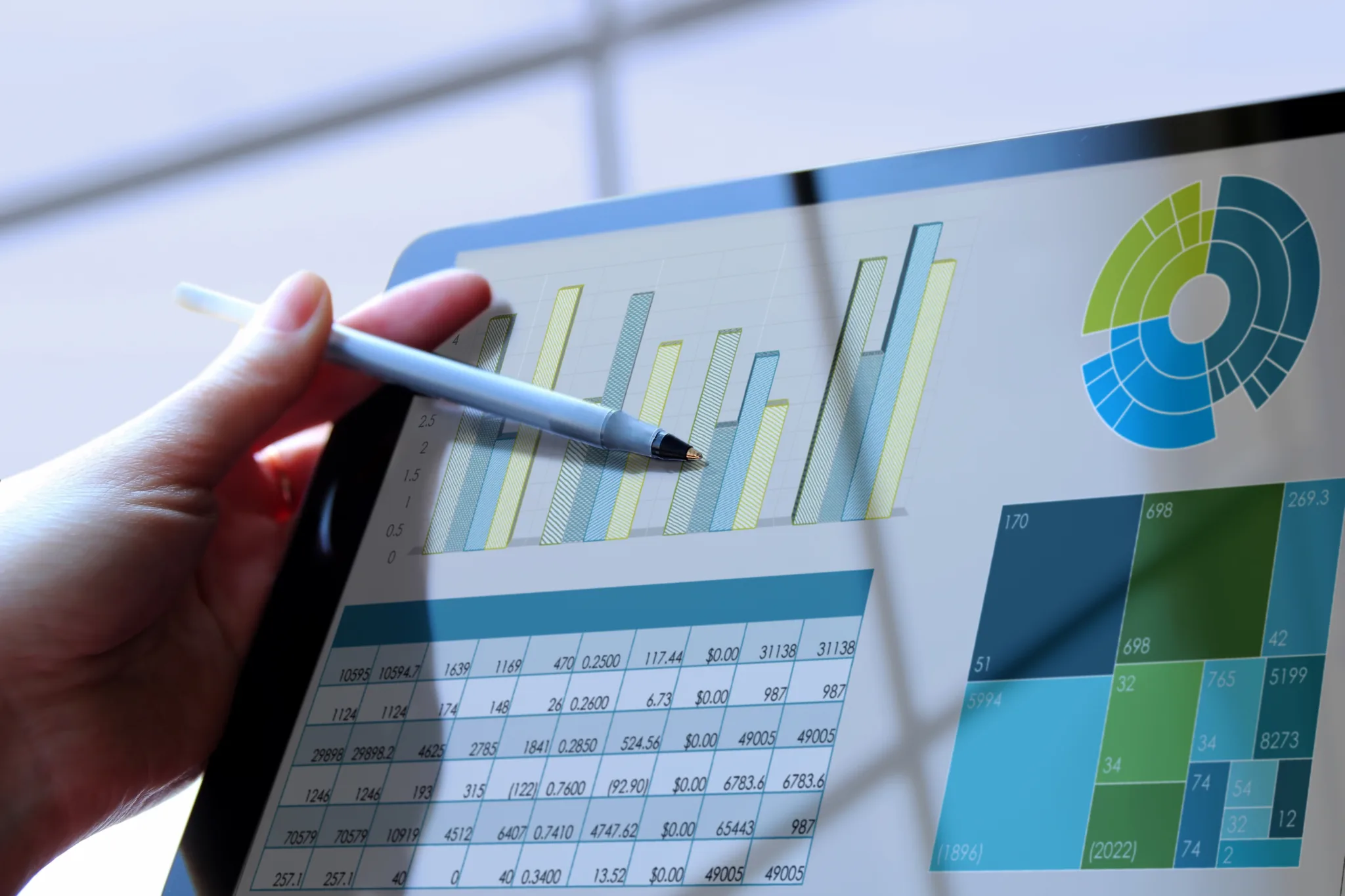In the nearly 50 years since its invention, Email has become a life-blood of business communications, and law firms are no exception. Over 300 billion emails are generated every day, with plenty landing squarely in your inbox. In ancient times, Sisyphus labored day after day rolling an immense boulder up a hill, only to have it roll down again and again. Why? Maybe because email wasn’t invented yet.
So, it’s worth it to assess your own operating procedure. Take a step back and consider this: is all of the time you spend in your inbox time well spent?
Here are 4 ways you can make your email a lean, mean communicating machine.
1. SCHEDULED TIME AND SACRED TIME
Checking email can disrupt concentration and deeper, focused work. Some research even says that when you divert your attention, it can take several minutes to get back on track. Change your usage from always-on to sometimes-on. Give yourself windows throughout the day— sacred windows with all email apps and notifications closed; then scheduled windows to churn through email fast. Be sure to protect 30 minutes to an hour of focused work.
And what about first thing in the morning? Many attorneys make a practice of checking voice mail, texts and email the very first thing every day. But, that’s when the brain is unclouded by specific issues and fires. It can be an ideal time for planning out and setting your big picture priorities for the day ahead. There can be advantages to staying out of the fray for the first hour, depending on how you’re wired.
2. INTERNAL VERSUS EXTERNAL
Where possible, move internal communications off email. Email works great for creating the record with client communications. But for quick back-and-forths with the team, check-ins and delegating, there are better tools that will free up our inboxes. At Practus, we routinely use Microsoft Teams as a platform for team-based connection and collaboration. I find that I can save time and improve clarity by having a quick video conference, opening a one-on-one-chat, or hopping on a call with my partners. It streamlines the process and conveys tone faster and better than any email I might write.
But Microsoft Teams is far from the only option. Many companies like the fact that internal social networks are more engaging, and can help organize conversations into threads (in this thread, you collaborate on client work with your core team; in that one, you connect on news, events and where to find happy hour).
3. CHANGE THE CHANNEL
Expanding on the tip above, as a communication tool, email works better as part of a suite of tools. For close collaboration, culture-building, and internal communications, switch to a digital channel that will change the dynamic of your group.
Slack is a cloud-based collection of team collaboration software tools that works with your computer or mobile devices. It’s essentially an electronic meeting space designed for your whole law firm. Businesses use slack as a chat room, water-cooler, bulletin board, and communication-tree for the whole team to coordinate and collaborate.
As part of the G-suite family, many people, especially independents and startups, prefer this free and robust platform. It syncs up nicely if you’re already using Gmail and Google drive. There’s no cost. But for us, it wasn’t as tightly integrated with Microsoft Office and Microsoft Outlook, so we were more attracted to Teams.
4. DO IT FASTER. SMARTER.
Email won’t become a thing of the past any time soon. Nor should it. So, if we’re going to be devoting some of every workday to tending our inbox, it’s in our best interest to find ways to be more intentional and productive. Here are a few tips.
Reduce email alerts. Of course, you have new email. You always have new email. Turn off some chimes and heads-up displays. And just remember to check.
Limit reply all. Replying only to some rather than all can cut down on the overall flurry of messages across the organization. And, by extension, reduce the number of times people carbon copy you.
Send less. Are you furthering the conversation or just inserting yourself? To a degree, send less and redirect more conversations to another comms channel.
Create quick step folders. Under the Home tab in Outlook, create a new Quick Step and then tell it to Move to Folder.
Set up rules in Outlook. You can also set up rules in Outlook for inbound emails from specific senders to automatically move to a specific folder. Just be sure to check in on that folder from time to time (particularly if you do this with client communications).
Unroll.me to manage subscriptions. If you want to cut back on all the thought leadership you receive on an ongoing basis, or, if you just can’t remember how you got onto Ducks Unlimited in the first place, Unroll.me helps clean up your lists.
Delegate emails to partners. When you have shared responsibility on a client, determine which emails are best handled by a partner or direct report. Push them off quickly. Follow up on multiple emails with a single video chat.
Have an assistant screen emails. This isn’t for everybody, but if you can bring someone who knows what they’re doing into your inbox, it can be a gamechanger.
Email can be a beautiful thing. It’s universal. It’s efficient. It creates the record. But, if you’re not careful, it will expand like a gas to fill any free space you give it. Every so often it helps to right-size the amount of time you invest in your inbox and make sure you’re getting good returns. If you have any questions about how we’re doing things here at Practus, send me an email at shawn.daniels@practus.com. I’ll get to it— very second thing in the morning.
Practus is an innovative law firm that is disrupting the outdated ways of practicing law. By leveraging mobile technology, cloud-based solutions, and an agile infrastructure to deliver legal services, Practus is pioneering a more visionary approach to the way attorneys practice law.






